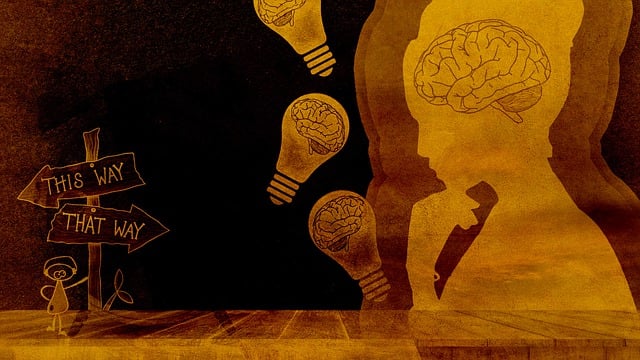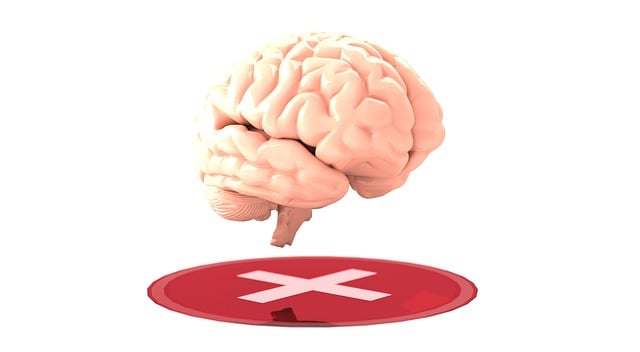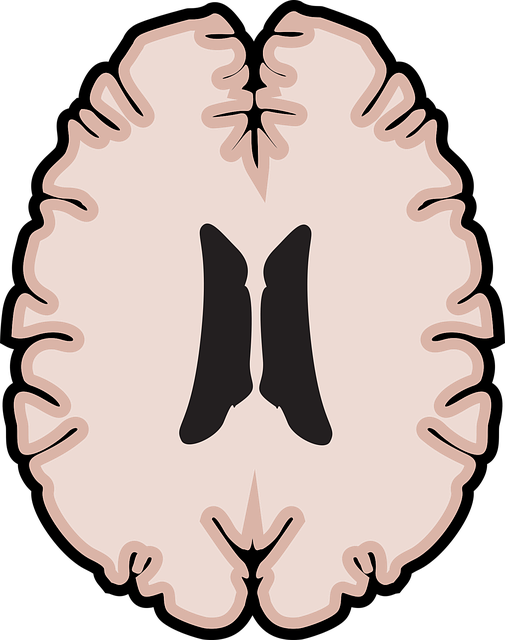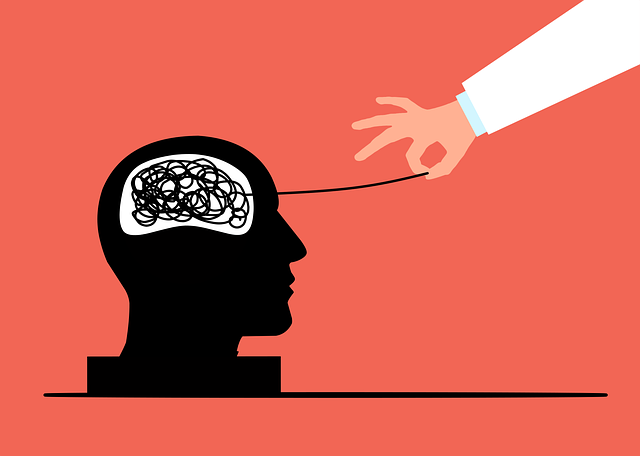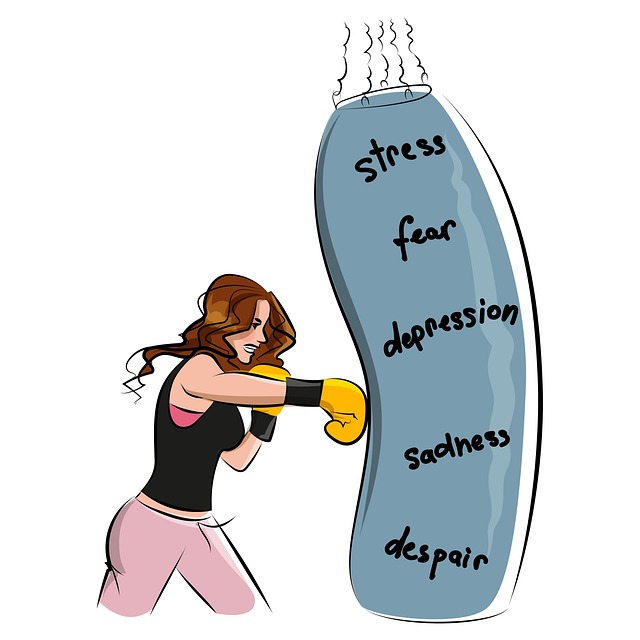Adolescent alcohol abuse linked to trauma requires specialized therapy like CBT and EMDR. Comprehensive support services addressing peer pressure, family dynamics, and academic stress are vital. Trauma-informed care, including individual & group counseling, breaks down barriers to treatment access. Public awareness and tailored interventions empower teens with coping tools for emotional traumas and addiction.
“Unaddressed trauma can often exacerbate issues like alcohol abuse among adolescent teens, making effective support services crucial. This article delves into the unique challenges faced by this vulnerable demographic and explores tailored therapy approaches to address both trauma and substance abuse. We examine strategies to enhance access and quality of care, ensuring comprehensive support for adolescents. By understanding their specific needs, we can implement game-changing solutions, offering hope and healing in the battle against alcohol abuse.”
- Understanding the Unique Needs of Adolescent Teens with Alcohol Abuse Issues
- Effective Therapy Approaches for Supporting Trauma and Substance Abuse in Teens
- Ensuring Access and Quality: Strategies for Providing Comprehensive Trauma Support Services for Adolescents
Understanding the Unique Needs of Adolescent Teens with Alcohol Abuse Issues

Adolescent teens struggling with alcohol abuse present unique challenges within trauma support services. This age group often exhibits complex behaviors and emotional vulnerabilities that require tailored approaches in therapy. Many young individuals might be in denial about their addiction or have co-occurring mental health disorders, such as depression or anxiety, which can complicate the picture. Therefore, a comprehensive risk assessment for mental health professionals is essential to ensure the safety and effectiveness of support strategies.
Specialized services must consider the influence of peer pressure, family dynamics, and academic pressures on these teens’ lives. Public awareness campaigns development around alcohol abuse among adolescents can help reduce stigma and encourage early intervention. By fostering an environment that promotes positive thinking and open communication, trauma-informed care can empower teens to confront their issues, make healthier choices, and develop coping mechanisms for both alcohol dependency and underlying emotional traumas.
Effective Therapy Approaches for Supporting Trauma and Substance Abuse in Teens

Trauma and substance abuse are complex issues that often co-occur in teenage years, making specialized therapy approaches crucial. Effective treatment for adolescent teens with alcohol abuse issues stemming from trauma should incorporate evidence-based practices such as Cognitive Behavioral Therapy (CBT) and Eye Movement Desensitization and Reprocessing (EMDR). CBT equips teens with coping mechanisms to manage their thoughts and behaviors related to traumatic experiences, while EMDR helps process and resolve the emotional impact of trauma.
Integrating Self-Care Routine Development for Better Mental Health, Social Skills Training, and Burnout Prevention Strategies for Healthcare Providers is vital within these therapeutic frameworks. Encouraging healthy self-care habits allows teens to regulate their emotions more effectively, bolstering their resilience against both trauma and alcohol abuse. Social skills training fosters connection and support, reducing feelings of isolation that can exacerbate substance misuse. Lastly, burnout prevention strategies ensure healthcare providers are equipped to offer consistent, compassionate care over the long term, enhancing the overall effectiveness of these therapy approaches.
Ensuring Access and Quality: Strategies for Providing Comprehensive Trauma Support Services for Adolescents

Ensuring access to quality trauma support services is paramount when helping adolescents navigate the challenges that often accompany traumatic experiences. This involves a multi-faceted approach, beginning with raising awareness about available resources and breaking down barriers that might prevent teens from seeking help. Many adolescent boys, in particular, face unique societal pressures and expectations that can deter them from engaging in therapy, especially for issues related to emotional regulation and alcohol abuse. Addressing these cultural nuances requires tailored interventions that foster empathy building strategies, promoting an understanding and supportive environment.
Comprehensive trauma support should encompass various therapeutic modalities, including individual counseling, group therapy sessions, and evidence-based programs designed to address specific trauma-related concerns. Integrating depression prevention techniques within these services is vital, as adolescents experiencing trauma are at a heightened risk for developing mental health disorders. By implementing strategies that enhance emotional regulation skills, we can empower teens with the tools necessary to cope with traumatic memories and associated triggers effectively.
Trauma support services tailored for adolescent teens struggling with alcohol abuse issues must address their unique psychological needs. By combining effective therapy approaches, such as cognitive behavioral therapy and eye movement desensitization and reprocessing, we can offer comprehensive care that targets both trauma and substance abuse. Ensuring access to quality services through innovative strategies like telemedicine and community outreach programs is crucial to reaching and supporting vulnerable teens. Together, these efforts will revolutionize the way we support adolescent teens in their journey towards recovery and a healthier future.




